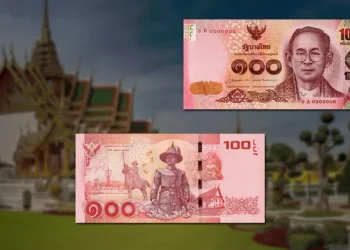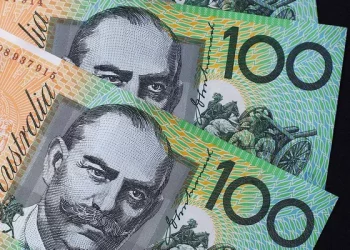Exchange rates are a critical factor in the global economy, influencing trade, investment, tourism, and everyday financial decisions. Specifically, the exchange rate between the Hong Kong Dollar (HKD) and the Thai Baht (THB) is of great interest to individuals and businesses engaged in transactions between Hong Kong and Thailand. This article will provide a comprehensive overview of the current exchange rate, the factors affecting it, and its implications for various stakeholders.
The exchange rate essentially determines how much one currency can be exchanged for another. For example, understanding how much 1 HKD is worth in Thai Baht is important for travelers, investors, exporters, and importers. Since Hong Kong and Thailand are both significant economic hubs in Asia, fluctuations in their currencies can affect tourism flows, trade volumes, and investment decisions. The current exchange rate is subject to frequent changes influenced by market forces such as supply and demand, interest rates, inflation, and geopolitical events.
Factors Influencing the HKD to THB Exchange Rate
1. Economic Indicators
The value of the Hong Kong Dollar against the Thai Baht is largely influenced by key economic indicators in both regions. These include:
- Gross Domestic Product (GDP): Strong economic growth in either Hong Kong or Thailand tends to strengthen that region’s currency.
- Inflation Rates: Lower inflation typically enhances a currency’s purchasing power, making it more valuable compared to others.
- Interest Rates: Higher interest rates offer better returns on investments denominated in that currency, attracting foreign capital and boosting the currency’s value.
2. Political and Geopolitical Stability
Political stability plays a crucial role in currency valuation. Investors favor currencies of countries with stable governments and sound economic policies. Conversely, political unrest or instability can trigger capital flight and weaken a currency. For instance, political developments in Hong Kong or Thailand can quickly impact the HKD to THB exchange rate.
3. Trade Relations and Balance of Payments
The trade balance between Hong Kong and Thailand also affects currency exchange rates. A country with a trade surplus (exporting more than it imports) will often see its currency strengthen due to increased demand. Conversely, a trade deficit can weaken a currency.
Current Exchange Rate Overview
As of the latest market data, the exchange rate between 1 Hong Kong Dollar and the Thai Baht hovers around 4.5 to 4.7 THB per 1 HKD. This range can vary daily depending on market conditions. It’s essential to check real-time exchange rates through reliable financial platforms for accurate conversions.
Implications of the Current Exchange Rate:
- Travelers: Tourists traveling from Hong Kong to Thailand benefit from knowing the exchange rate to budget their expenses properly.
- Businesses: Companies involved in import and export between Hong Kong and Thailand must monitor exchange rates to manage costs and pricing strategies effectively.
- Investors: Currency fluctuations can impact returns on investments in stocks, bonds, and other financial instruments in both regions.
How to Monitor and Utilize Exchange Rates Effectively
To make the most out of currency exchange rates, individuals and businesses should consider:
- Using Trusted Financial Sources: Platforms like central bank websites, financial news portals, and forex trading platforms provide updated exchange rate information.
- Hedging Strategies: Businesses can use financial instruments like forward contracts or options to hedge against unfavorable currency movements.
- Planning Transactions: Timing currency exchanges strategically can lead to cost savings and better investment returns.
Summary of Key Points
- The exchange rate between the Hong Kong Dollar and Thai Baht fluctuates regularly based on economic and political factors.
- Understanding this exchange rate is vital for travelers, businesses, and investors dealing with Hong Kong and Thailand.
- Monitoring economic indicators, political stability, and trade balance helps predict currency movements.
- Current exchange rates can be accessed through reliable financial information sources.
- Effective currency management strategies can mitigate risks related to exchange rate volatility.
Conclusion
In summary, the exchange rate between 1 HKD and 1 THB is an essential metric that reflects the economic interactions between Hong Kong and Thailand. While it fluctuates frequently, understanding the underlying factors can help individuals and businesses make informed financial decisions. Staying updated with current exchange rates and employing proper financial strategies ensures better management of currency risks and maximizes the benefits of cross-border transactions.
Related Topics:
























